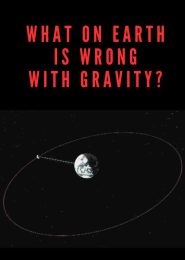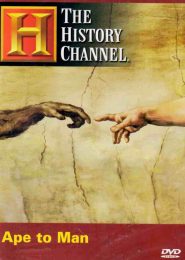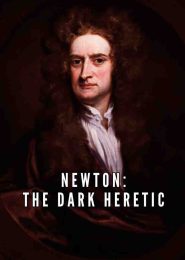A Universe From Nothing (Lecture) (2009)
A Universe From Nothing, a lecture by physicist Lawrence Krauss, takes us on a cosmic journey—one that challenges our understanding of existence itself.
In this exploration, we dive into the mysteries of the universe, its origins, and the profound implications of nothingness.
Lawrence Krauss paints a vivid picture of our cosmos. He reveals how Edwin Hubble’s discovery of the universe’s expansion led to the idea of the Big Bang—a tumultuous event that birthed space, time, and matter.
But what if this cosmic thread emerged from nothing?
Quantum mechanics and relativity—the twin pillars of modern physics—reveal astonishing truths. Krauss argues that the universe could arise spontaneously from nothing, without supernatural intervention.
The vacuum teems with energy fluctuations, a cosmic dance where particles and antiparticles emerge, collide, and vanish. Could this quantum froth be the genesis of everything?
As we navigate this realm, we encounter poetic and philosophical implications. We are stardust—forged in the fiery hearts of ancient stars.
The universe, indifferent to our desires, unfolds whether we like it or not. Our curiosity, and our resilience, embark on a quest. Science, driven by the love of mystery, seeks more than facts—it seeks wonder.
In summary, A Universe From Nothing invites us to peer beyond the veil of existence, where the ordinary meets the extraordinary.
It’s not just a story of particles and forces, it’s a testament to our suite of curiosity, our voyage towards understanding, and the robust beauty of cosmic emptiness.




